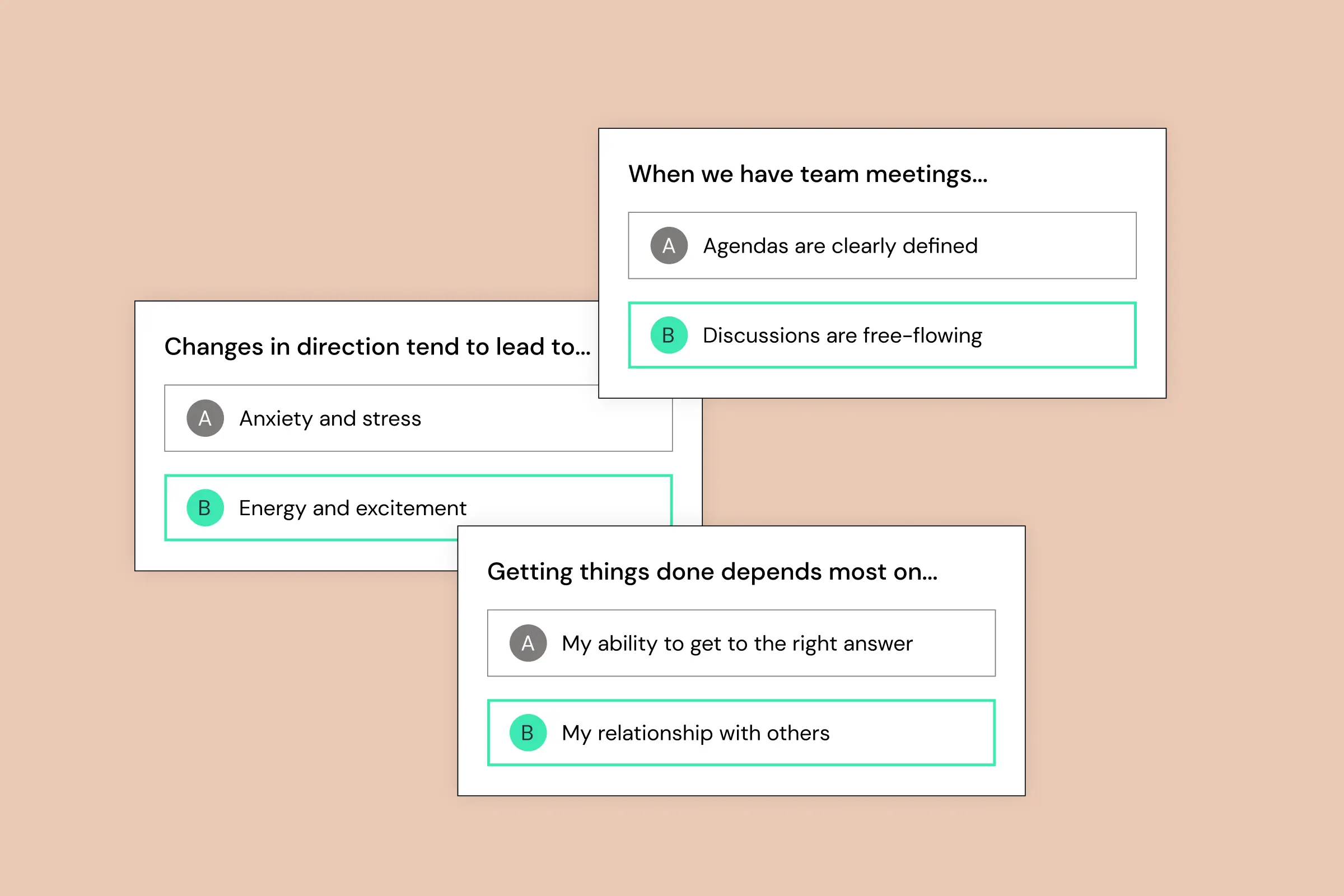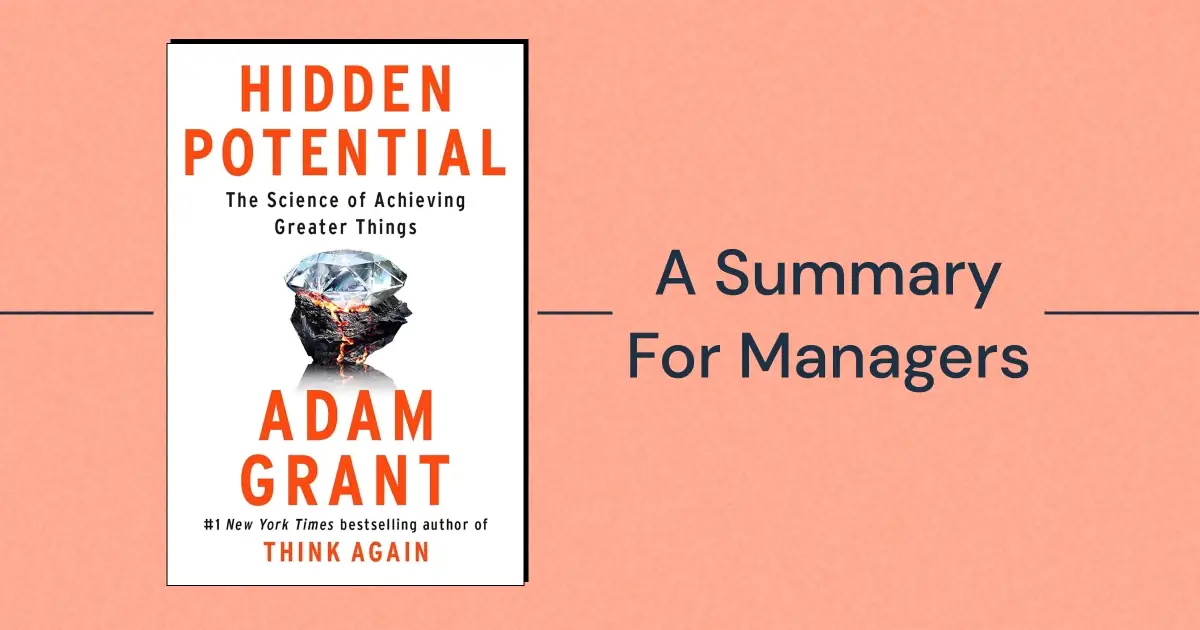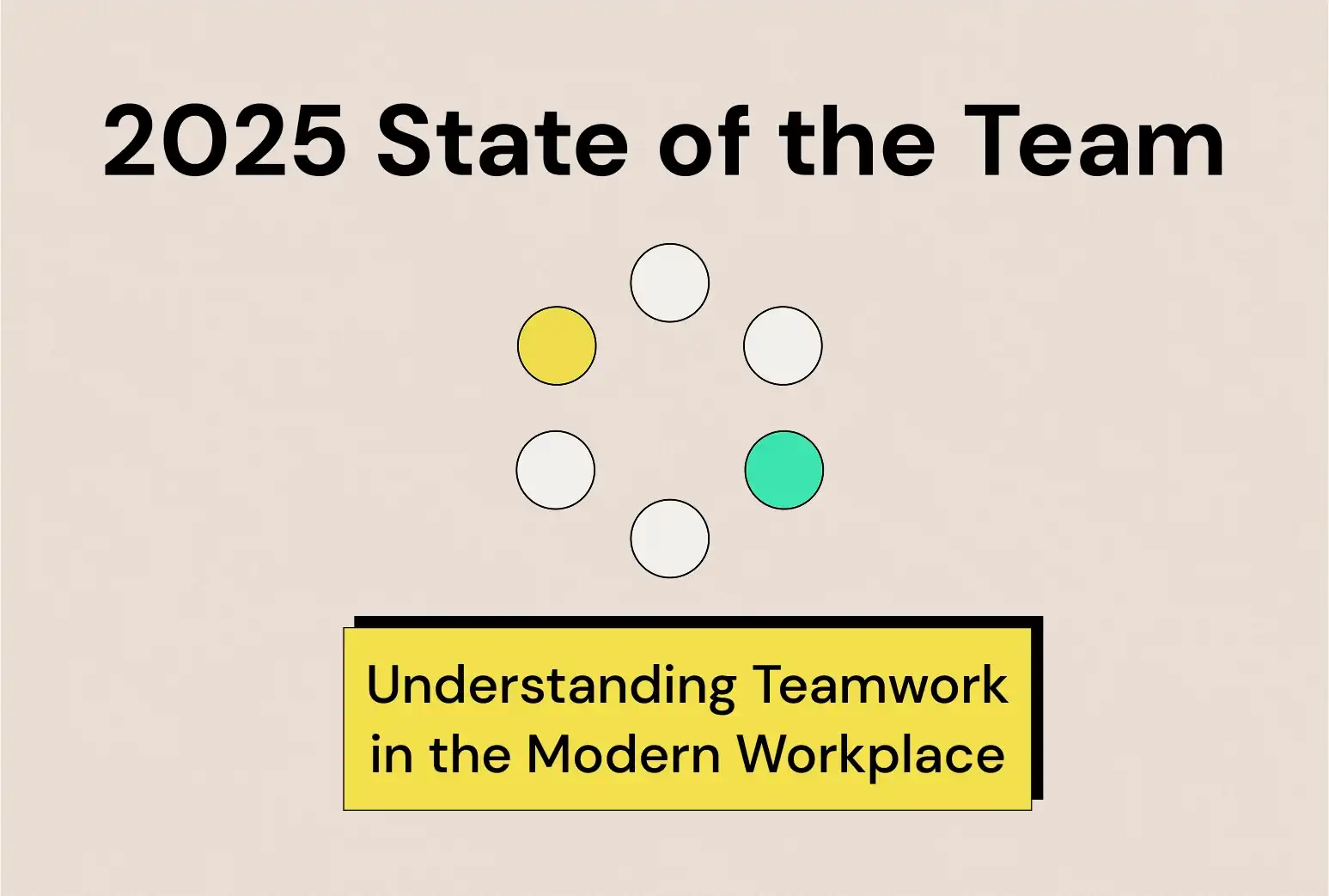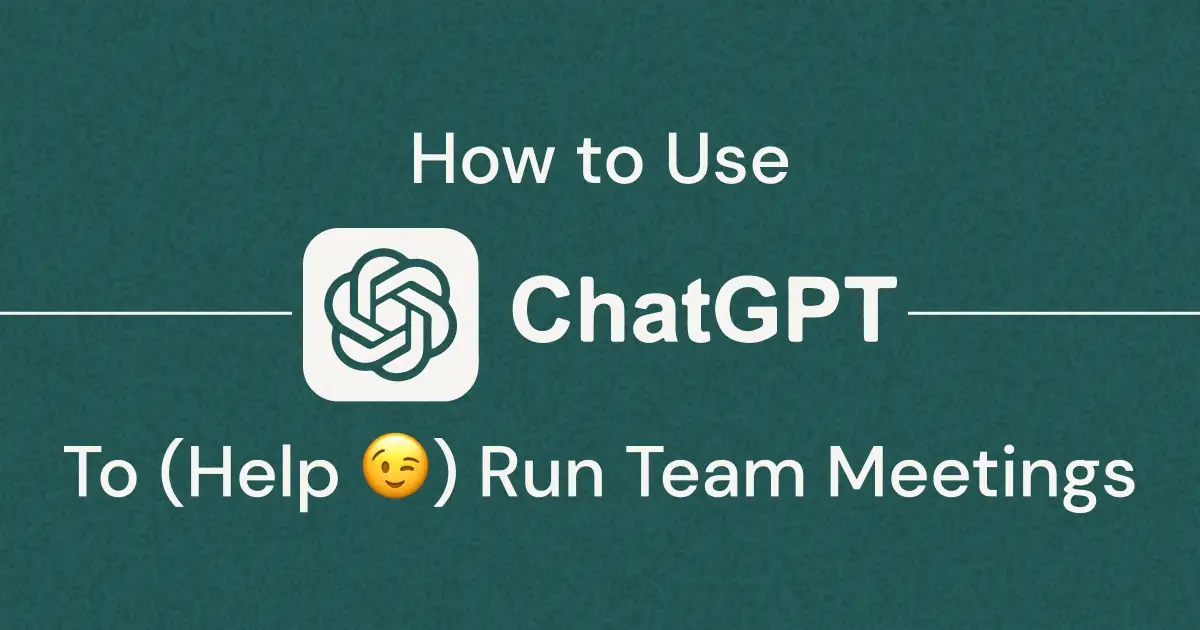Effective leadership is more critical than ever, and “Hidden Potential: The Science of Achieving Greater Things” by Adam Grant is a must-read business book for managers. The book delves into how people can unlock their hidden potential and achieve greater success. Grant and Ashley explore themes like growth mindset, resilience, and the power of collaboration. They provide practical advice backed by scientific research, making it easy to apply these principles in the workplace.
For business professionals, this book offers valuable insights into improving team dynamics and fostering a culture of continuous improvement. Whether you’re leading a small team or an entire organization, understanding and leveraging hidden potential can drive significant growth and innovation.
Main Ideas in “Hidden Potential”
“Hidden Potential: The Science of Achieving Greater Things” presents several key concepts that can transform how managers lead their teams. Here are the main ideas from the book:
1. Growth Mindset
Embracing a growth mindset is crucial. It’s about believing that abilities and intelligence can be developed through dedication and hard work. This mindset fosters a love for learning and resilience, essential for great accomplishments.
“The belief that talent is not fixed, but can be cultivated through effort, is the cornerstone of unlocking hidden potential.” — Adam Grant
2. Resilience and Adaptability
Success often involves overcoming obstacles. The authors stress the importance of resilience – the ability to bounce back from setbacks – and adaptability – being able to change strategies when faced with new challenges.
“Resilience is not just about bouncing back from failure; it’s about learning from it and using those lessons to forge a stronger path forward.” — Adam Grant
3. Power of Collaboration
Effective teamwork can unlock hidden potential. The book highlights how diverse teams, where members bring different perspectives, can lead to more innovative solutions and better problem-solving.
“Diverse teams bring together unique perspectives, fostering creativity and innovation that no individual could achieve alone.” — Adam Grant
4. Continuous Improvement
The authors advocate for a culture of continuous improvement. This involves regularly evaluating performance, seeking feedback, and striving for incremental gains, which collectively lead to significant progress over time.
“Great achievements are often the result of many small, incremental improvements that compound over time.” — Adam Grant
5. Purpose and Motivation
Understanding and harnessing what motivates team members can drive exceptional performance. The book explores how aligning individual and team goals with a larger purpose can increase engagement and productivity.
“When individuals understand how their work contributes to a larger purpose, their motivation and engagement soar, driving exceptional performance.” — Adam Grant
By applying these principles, managers can create a work environment that nurtures potential and drives sustained success. These strategies are practical, research-backed, and designed to help teams and organizations achieve their highest goals.
{{inline-cta}}
Actionable Insights from “Hidden Potential”
Hidden Potential: The Science of Achieving Greater Things offers several practical applications for managers. Here are some actionable insights to apply these concepts in real-world business scenarios:
1. Foster a Growth Mindset
Encourage your team to view challenges as opportunities to learn rather than threats. Offer training and development programs to help them acquire new skills. Praise effort, not just outcomes, to reinforce the value of persistence and hard work.
2. Build Resilience and Adaptability
Create a supportive environment where team members feel safe to take risks and make mistakes. Implement regular check-ins to discuss progress and obstacles, providing guidance on how to pivot strategies when necessary.
3. Promote Collaboration
Assemble diverse teams with varying skills and perspectives. Facilitate open communication and idea-sharing sessions. Use collaborative tools and technologies to enhance teamwork and ensure everyone’s contributions are valued.
4. Commit to Continuous Improvement
Set up a system for regular feedback and performance reviews. Encourage your team to set small, achievable goals and celebrate their progress. Introduce processes like Kaizen or Six Sigma to systematically improve workflows and efficiencies.
5. Align with Purpose and Motivation
Identify what drives each team member and connect their individual goals to the company’s mission. Recognize and reward their contributions in meaningful ways. Foster a sense of purpose by involving them in decision-making and highlighting how their work impacts the larger organization.
By implementing these strategies, managers can unlock their team’s hidden potential, leading to increased innovation, productivity, and job satisfaction. These business strategies are designed to create a dynamic and resilient work environment where everyone can thrive.
Authors’ Backgrounds
Adam Grant and Maurice Ashley bring a wealth of knowledge and experience to Hidden Potential: The Science of Achieving Greater Things.
Adam Grant
Adam Grant is a renowned organizational psychologist and a professor at the Wharton School of the University of Pennsylvania. He is known for his research on work motivation, generosity, and creativity. As a best-selling author, his books, including Give and Take, Originals, and Think Again, have influenced business leaders worldwide. Grant’s expertise in understanding human behavior and organizational dynamics makes him a credible voice on unlocking hidden potential.
Maurice Ashley
Maurice Ashley is a grandmaster in chess, making history as the first African-American to earn this title. His strategic thinking and experience in teaching chess have given him unique insights into human potential and performance. Ashley’s background in competitive chess and coaching equips him with a distinctive perspective on achieving greatness through resilience and strategy.
Together, Grant and Ashley blend scientific research and practical experience, offering valuable insights for managers aiming to elevate their teams and organizations. Their combined expertise provides a comprehensive guide to realizing untapped potential in the business world.
Critical Reception to “Hidden Potential”
Hidden Potential: The Science of Achieving Greater Things has garnered positive reviews from both critics and readers. The book is praised for its practical advice and engaging storytelling, making complex psychological concepts accessible to a broad audience.
Book reviews highlight the insightful blend of research and real-world examples. Critics commend Adam Grant and Maurice Ashley for their ability to translate scientific studies into actionable strategies for business leaders. The book’s focus on growth mindset, resilience, and collaboration resonates well with professionals seeking to enhance their leadership skills.
Reader feedback is overwhelmingly positive, with many noting the book’s impact on their approach to team management and personal development. Readers appreciate the actionable insights and the emphasis on continuous improvement. Many have found the book to be a valuable resource for fostering a productive and motivated work environment.
Overall, Hidden Potential stands out as a highly regarded business book, offering fresh perspectives and practical tools for achieving greater success. Its favorable critical reception underscores its relevance and usefulness for today’s business professionals.
Criticisms of “Hidden Potential”
While Hidden Potential: The Science of Achieving Greater Things has received widespread acclaim, it is not without its critiques. Some of the most persuasive criticisms include:
- Overemphasis on Growth Mindset: Some critics argue that the book places too much emphasis on the growth mindset, suggesting that it oversimplifies the complexities of personal and professional development. They believe that while a growth mindset is important, it is not the sole factor in achieving success.
- Lack of New Insights: A few reviewers feel that the book does not offer significantly new or groundbreaking ideas. They point out that many of the concepts, such as resilience and continuous improvement, are well-trodden topics in business literature.
- Application Challenges: Some readers find the practical applications of the book’s principles to be challenging. They note that while the book provides valuable insights, implementing these strategies in diverse and dynamic business environments can be difficult without additional guidance and support.
- Generalizations: There are criticisms about the generalizations made in the book. Critics argue that the advice, though broadly applicable, may not be tailored enough to specific industries or individual circumstances, making it less actionable for some readers.
Despite these shortcomings, Hidden Potential remains a valuable resource for many. The critiques highlight areas for further exploration but do not significantly detract from the book’s overall impact and usefulness for business professionals.
Final Thoughts on “Hidden Potential”
Hidden Potential: The Science of Achieving Greater Things by Adam Grant and Maurice Ashley offers valuable insights for business professionals looking to enhance their leadership skills and unlock their team’s potential. The book’s focus on growth mindset, resilience, and collaboration provides practical strategies that managers can implement to foster a more dynamic and productive work environment.
The overall impact of the book lies in its ability to translate complex psychological concepts into actionable advice. For managers, this means having a clear roadmap to help their teams achieve greater things. Despite some criticisms, the book’s strengths far outweigh its shortcomings, making it a worthy addition to any business professional’s library.
In conclusion, Hidden Potential delivers on its promise to reveal the science behind achieving greater success. Its emphasis on continuous improvement, diverse teamwork, and personal growth offers substantial business value, helping leaders inspire and drive their teams toward excellence.
{{inline-cta}}
Further Reading
If you found "The Leader's Mind: How Great Leaders Prepare, Perform, and Prevail" by Jim Afremow and Phil White useful, here are some additional resources that explore similar topics and can further enhance your leadership skills:
Patrick Lencioni explores the importance of building a culture of trust and safety within organizations. This complements “Hidden Potential” by emphasizing how leaders can foster an environment where team members feel valued and motivated.
Read our summary of “The Five Dysfunctions of a Team” by Patrick Lencioni.
Brian Dixon’s book emphasizes the importance of prioritizing people in your leadership approach. His practical advice on understanding and supporting your team aligns well with the principles in “Hidden Potential,” which focuses on unlocking individual and team potential through strong relationships and trust.
Read our summary of "Start With Your People" by Brian Dixon.
Brené Brown’s work on vulnerability and courage in leadership offers insights into how leaders can connect with their teams on a personal level. Her focus on empathy and trust aligns well with the themes in “Hidden Potential” about fostering a supportive and resilient team culture.
Read our summary of “Dare to Lead: Brave Work. Tough Conversations. Whole Hearts.” by Brené Brown
Simon Sinek explores the importance of creating a culture of trust and safety within organizations. This book complements “Hidden Potential” by highlighting the leader’s role in fostering an environment where people feel valued and motivated.
Read our summary of "Leaders Eat Last" by Simon Sinek.
Daniel Coyle examines the secrets of highly successful groups and provides actionable advice on building a strong, cohesive culture. This complements “Hidden Potential” strategies for creating environments where teams thrive and innovate.
Kim Scott’s book provides a framework for giving feedback that is both caring and direct. It’s an excellent resource for leaders aiming to cultivate honest and productive communication in their teams, a key aspect also covered in “Hidden Potential.”
Jocko Willink and Leif Babin emphasize taking full responsibility for everything in one’s realm of leadership to achieve success. Their insights on accountability and ownership are highly relevant to the leadership model presented in “Hidden Potential.”
8. “Drive” by Daniel H. Pink
Daniel Pink explores the surprising truths about what motivates us. Understanding intrinsic motivation can help you apply the principles in “Hidden Potential” more effectively by aligning team members’ roles with their internal drives.
9. “Crucial Conversations” by Kerry Patterson, Joseph Grenny, Ron McMillan, and Al Switzler
This book offers strategies for handling difficult conversations with openness and empathy. It’s a valuable resource for leaders looking to improve communication and resolve conflicts within their teams, a crucial skill highlighted in “Hidden Potential.”
Jim Afremow and Phil White’s book provides insights and strategies from top performers in sports and business to help leaders excel in preparation, performance, and perseverance. This aligns well with the themes in “Hidden Potential” about achieving high performance and continuous improvement.
Read our summary of "The Leader's Mind: How Great Leaders Prepare, Perform, and Prevail" by Jim Afremow and Phil White
These books and resources offer diverse perspectives on leadership and team dynamics, providing you with a comprehensive toolkit to become a more effective and empathetic leader.




.png)










































